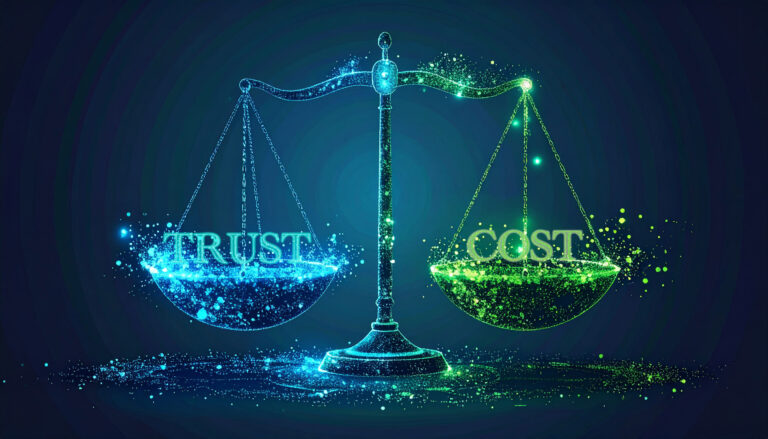Plastic Chemical Recycling Technology Market 9.40% CAGR
The Breakdown
The specialty chemicals and polymers sector faces a pivotal transformation as the market for plastic chemical recycling technologies accelerates towards a projected 9.4% CAGR through 2032. Escalating environmental pressures and new regulatory mandates have outpaced the capabilities of mechanical recycling, positioning advanced chemical recycling as the critical lever for sustainable growth, resource re-utilization, and next-generation operational standards. As demand for plastics rises globally and societal expectations converge on circularity, investment in chemical recycling solutions is intensifying, making this technology central to differentiation, compliance, and value recovery strategies across the value chain.
Analyst View
Decision-makers should view this market inflection as an opportunity to fundamentally reposition in a landscape where demand drivers are not only rising volumes, but a preference for sustainably sourced, high-quality recycled products. Market needs are being shaped by a blend of consumer eco-consciousness, forthcoming extended producer responsibility mandates, and stricter waste management targets—each demanding more technically advanced and operationally integrated recycling solutions.
The demand and growth outlook is robust, but it is unevenly distributed, favoring players who can collaborate across the value chain and adopt technological innovation rapidly. Notably, competitive alternatives are shifting: traditional mechanical recycling is no longer sufficient for contaminated or complex plastic streams. This increases the salience of dynamic, modular chemical recycling platforms and the know-how to scale them efficiently.
Operating dynamics reveal increasing complexity in aligning supply of feedstock with advanced process technologies, all while navigating uncertain policy changes and tightening channel expectations. Competitive landscape mapping indicates an influx of innovation-driven partnerships, M&A, and new entrants, suggesting that static business models could see margin compression or outright displacement.
Market receptivity is strengthening, but traction is closely linked to demonstrable performance advantages, regulatory compliance readiness, and the ability to weave sustainability into product and corporate narratives. Leaders are leveraging digitization—AI, IoT, blockchain—not only for process efficiency, but also for transparency in traceability, critical for stakeholder credibility and premium positioning.
Navigating the Signals
For growth-oriented executives, agility is now a core requirement as the pace of technological evolution and policy intervention accelerates. The most pressing strategic questions are: Which advanced recycling technologies can be integrated with current assets—and at what pace must investments be mobilized? How resilient are your current supply chain and channel partnerships to the coming shifts in recycled raw material availability and demand?
Leadership teams must scrutinize the evolving value chain—where are delays or gaps occurring, particularly from waste collection through feedstock aggregation to downstream off-take agreements? Consider whether your organization is equipped to harmonize digital traceability with operational performance, meeting customer and regulatory demands for proof of sustainability. The risk of underestimating the execution and compliance complexity in this rapidly professionalizing sector is rising; proactive capability development, strategic collaborations, and scenario planning are essential.
What’s Next?
Breakthrough Marketing Technology partners with B2B specialty chemicals and polymers leaders to anticipate and address the risks and opportunities surfaced by the accelerating evolution of plastic chemical recycling. We help our clients achieve clarity, agility, and measurable impact by:
- Delivering market segmentation and scenario analysis aligned to emerging regulatory and value chain complexity.
- Identifying innovation horizons and go-to-market pathways most suited for sustainable technology investments.
- Mapping competitive and partner ecosystems to spot signals of disruption or collaboration potential before they affect your market position.
- Facilitating data-driven decision frameworks to align leadership on next-generation sustainability and circularity objectives.
As the regulatory field and consumer pull intensify, we ensure your team is calibrated for what’s next—accelerating readiness, improving stakeholder confidence, and securing your leadership in this critical market transition.
Source
Understand Your Risk. Seize Your Opportunity.
Take the Breakthrough Market Uncertainty Assessment Guide to pinpoint what’s holding your growth back, and what can accelerate it.


